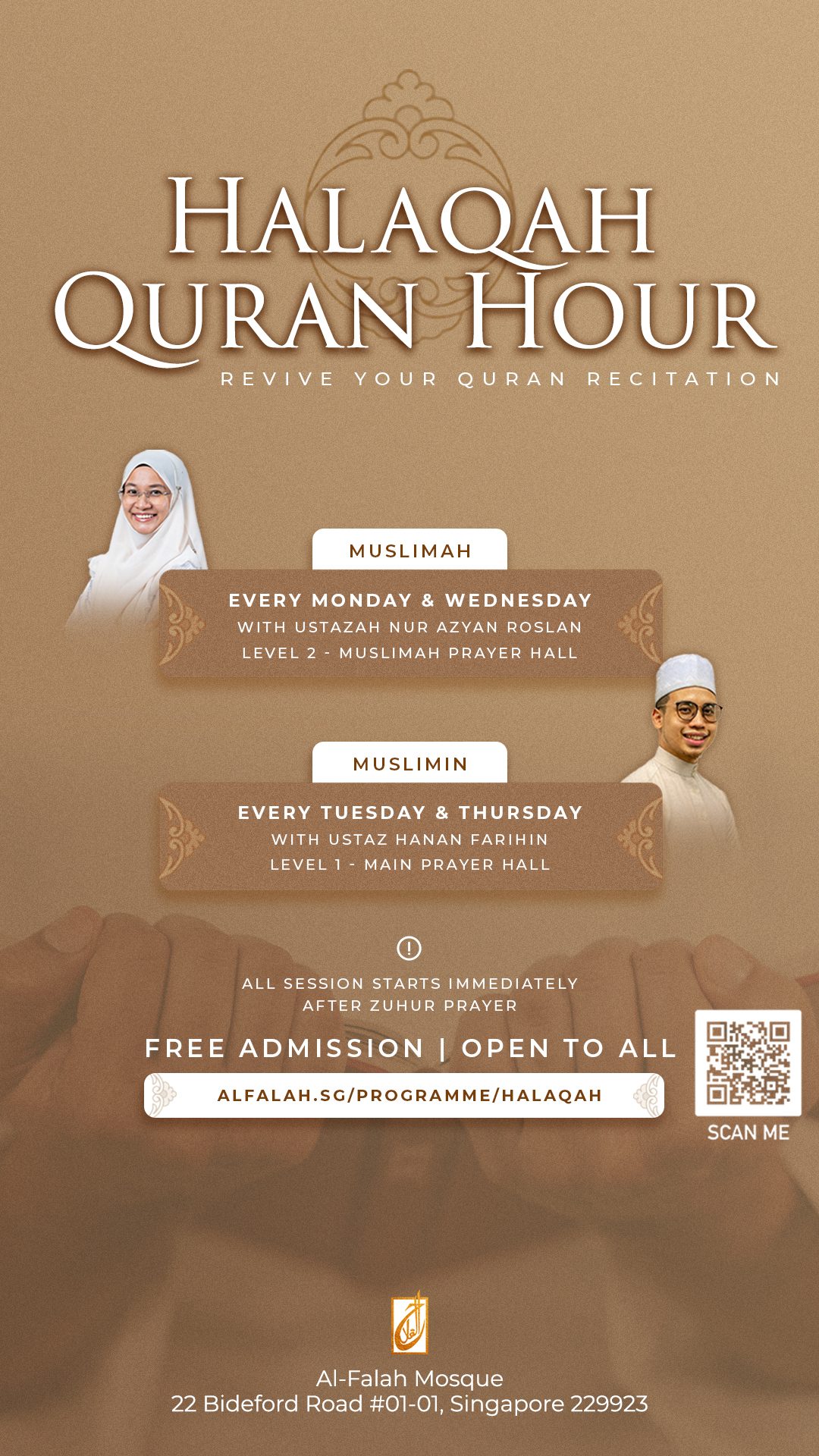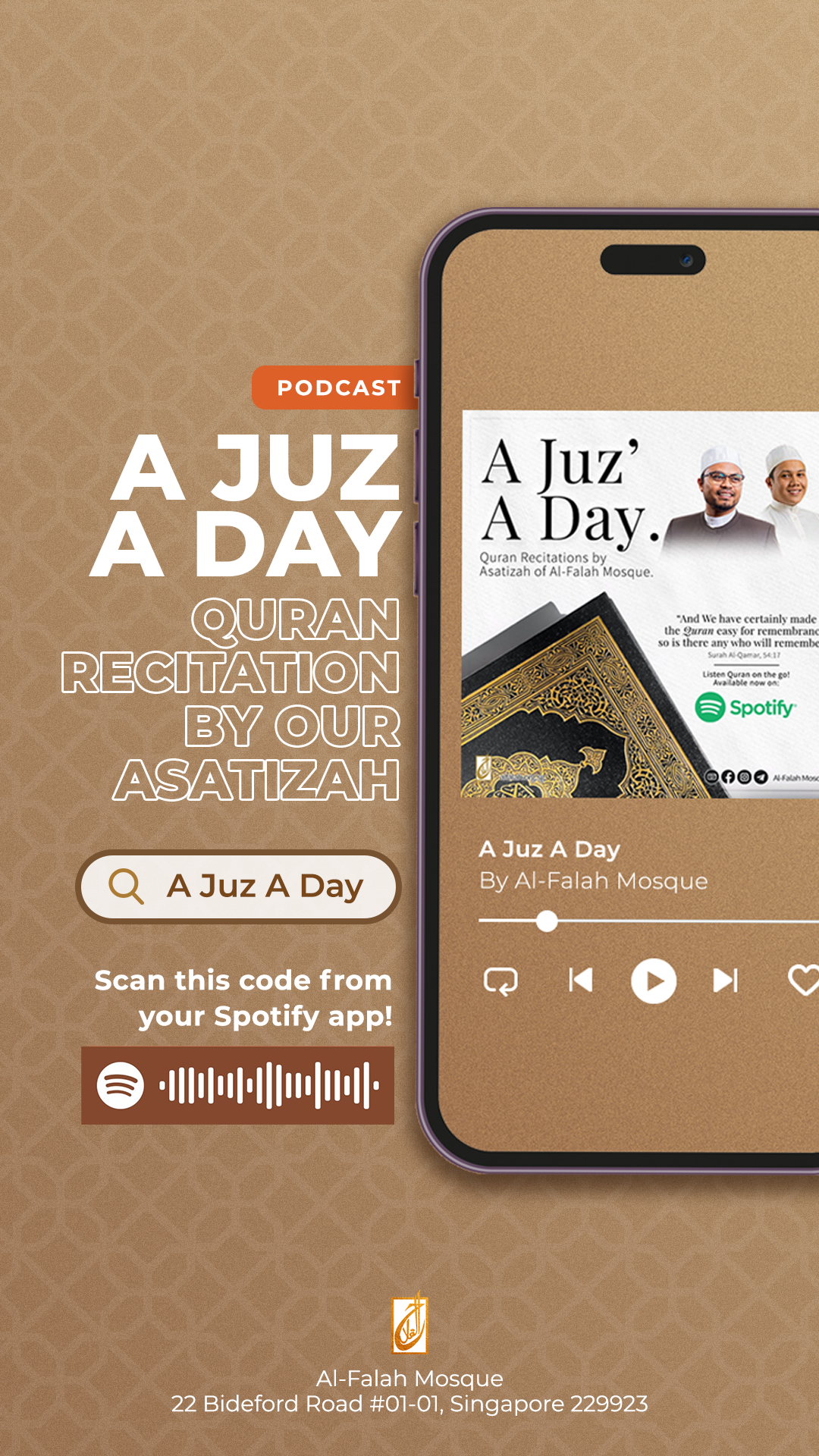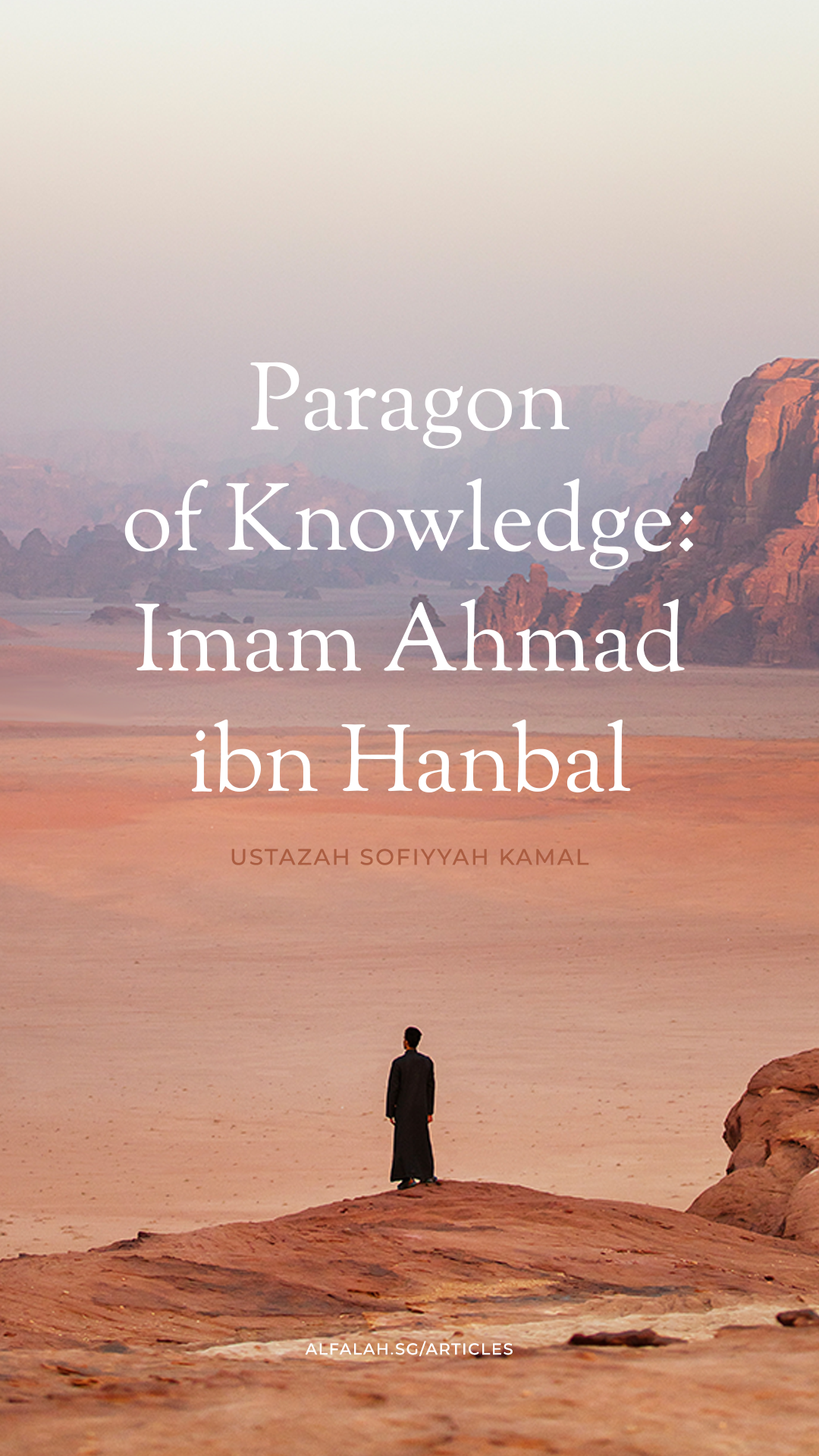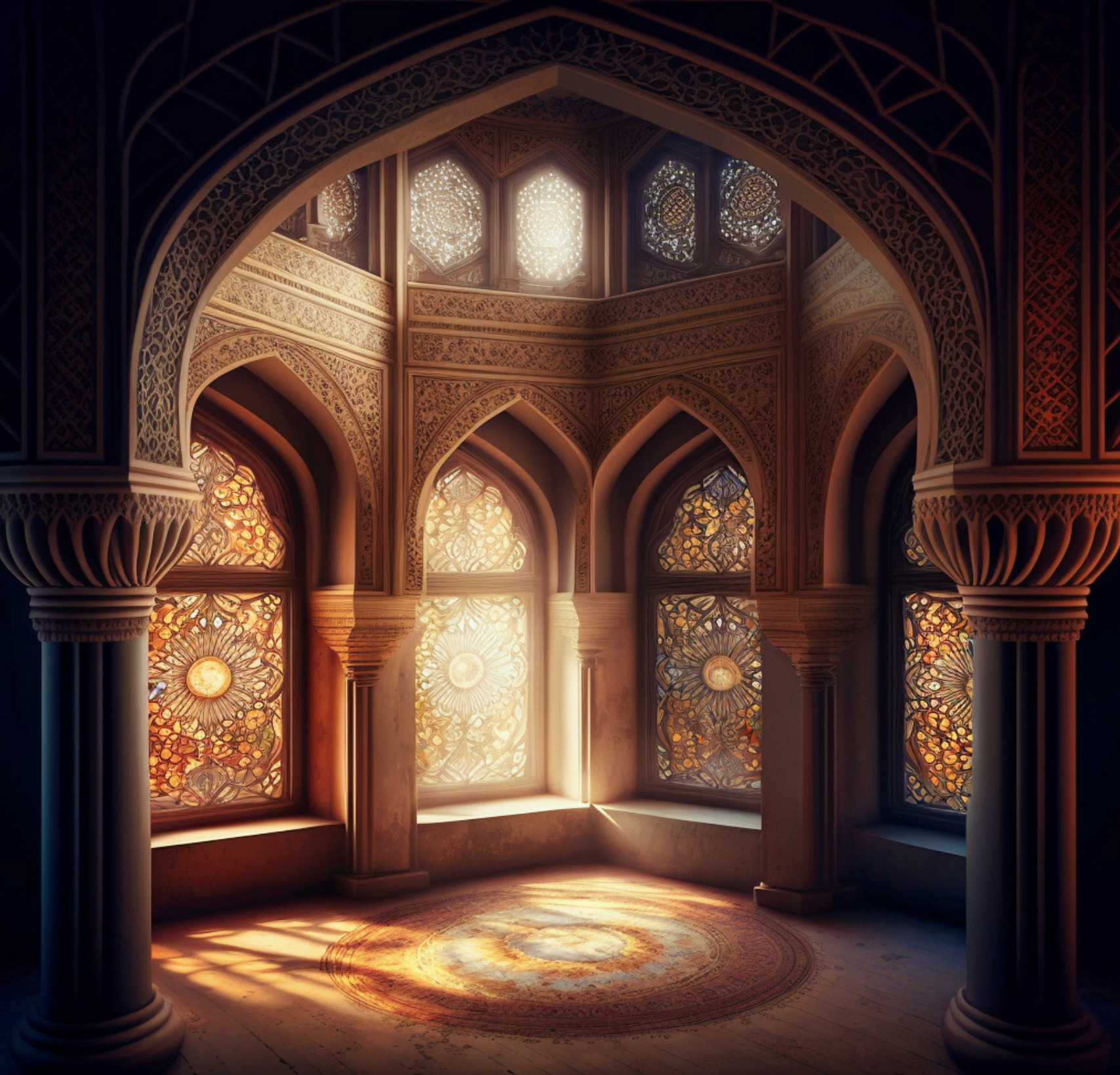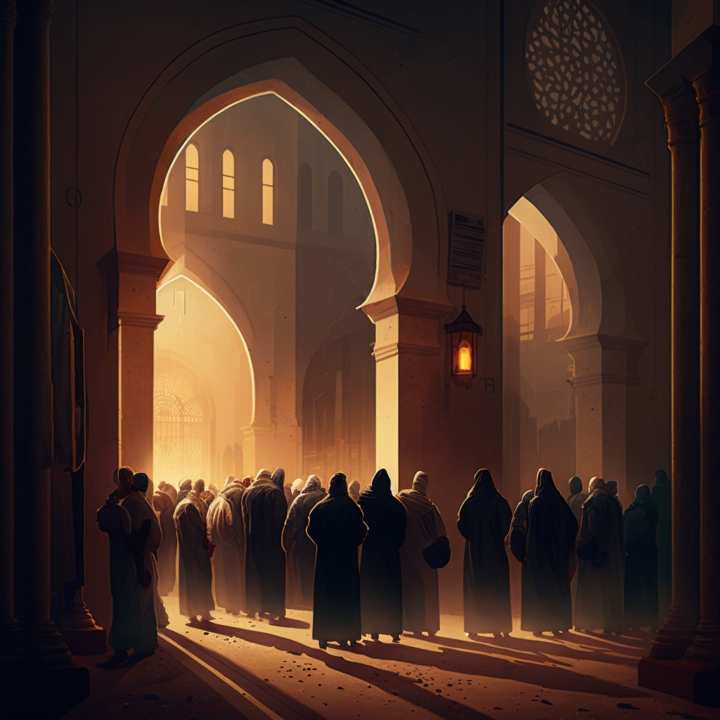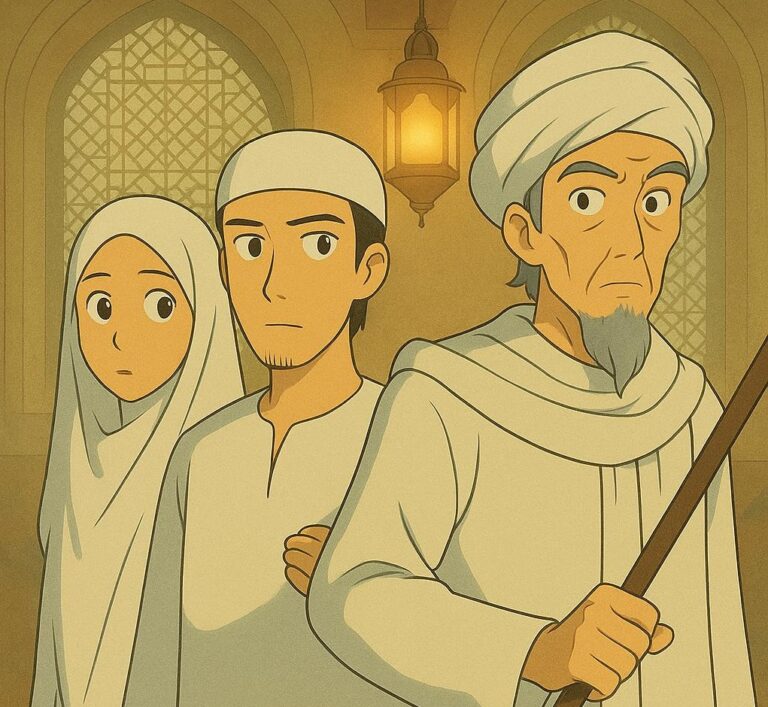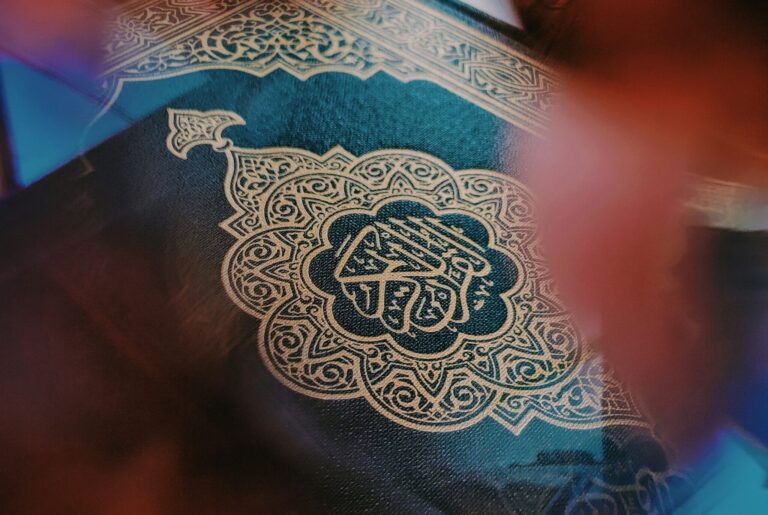Articles
Allah SWT: The Just Ruler
- BY Ustaz Sukri Ahyar
- ON

In a chaotic world today, it seems like seeking for justice which is an essential element of humanity’s moral fabric, has become increasingly elusive. We witness injustices unfolding across the globe from social inequalities, political corruption, economic exploitation and environmental degradation. Yet, it is precisely in these turbulent times that the divine attributes of al-’Adl, or justice shines forth as a beacon of hope for believers. As muslims, we affirm our faith in Allah, whose among His Beautiful Names is al’Adl, which underscores our faith in His justice and His perfect conduct of all matters in the heavens and the Earth.
Definition
To grasp the meaning of al-’Adl, we look to its opposite, injustice or al-zulm. Traditionally, scholars have interpreted al-zulm as putting something in its wrong place. Therefore, when someone perpetuates any form of injustice, that person is essentially disrupting the natural order that is established by Allah Most High. Similarly, when someone commits a sin, one misuses the limbs bestowed by Allah for acts of obedience, thereby displeasing Him. By sinning, one is actually perpetrating injustice against oneself, deviating from the righteous path set by Allah. By understanding this meaning of injustice, we come to realise that justice or ’adl is to put things to their rightful places.
Al-’Adl in Al-Quran and Sunnah
On numerous occasions in Al-Quran, Allah has denied injustice from Himself. Allah said in Surah Ali ‘Imran,
“And Allah desires no injustice to His creation.”
Ali ‘Imran : 108
Speaking of those who committed transgression on earth, Allah mentioned,
“And Allah never wronged them, but it was they who wronged themselves.”
Ali ‘Imran : 117
In a hadith qudsi, Rasulullah ﷺ said,
“Allah The Exalted and Glorious said, “I have prohibited Myself injustice, and have made oppression unlawful for you, so do not oppress one another.””
Allah has also established justice and emphasised its importance in maintaining the order of human life. Allah mentioned in Surah Al-An’am,
“And the Word of your Lord has been perfected in Truth and Justice. None can change His words, and He is the All-Hearing, All-Knowing.” (Al-An’am : 115)
Consequently, Allah commands us to uphold justice in all aspects of our lives. This command is reiterated in the verse recited during every khutbah,
“Indeed, Allah commands (to be) wholly fair and just, graceful and generous to kin. He forbids indecency, wickedness and aggression.” (Al-Nahl : 90)
Even when we are dealing with our relatives, we should not let our emotions get the better of ourselves at the expense of justice.
Al-’Adl as seen in the cosmos
When reflecting on the name al-‘Adl, scholars like Imam al-Ghazali did not merely contemplate Allah’s fair and just judgments, but also recognized His purity from any form of injustice even in His creations. When Allah said, “We will show them Our signs in all directions and within themselves until it becomes unmistakably clear that it is the truth,” we are encouraged to contemplate the intricate beauty of our bodies. Each body part is beautifully crafted and precisely positioned, serving its unique function to ensure our wellbeing. Beyond these delicate bodies, our surroundings exhibit a harmonious collaboration, forming a world in which we can live and worship Allah. However, any deviation from this balance, whether within our bodies or in the natural world, results in sickness, disasters and destruction. As confirmed in Surah al-Mulk,
“You will never see any imperfection in the creation of the Most Compassionate. So look again, do you see any flaws?”
How can we relate to His Name al-’Adl?
As we reflect on the beauty of Allah’s creations and His perfect conduct in both heavens and earth, we acknowledge that everything has been meticulously placed in its rightful place, including His decree (qada’ and qadr). For every event that unfolds in our lives, good and bad, we know that it is in accordance with His divine just and wisdom. Therefore, we should feel content with all that has occurred to us, taking lessons that will draw us closer to Him, while also placing unwavering tawakkal (have reliance) in Him for whatever the future holds for us.
Furthermore, we should earnestly seek Allah’s guidance and assistance, striving to act justly in all our actions, judgments and even our character. Whenever we misuse our limbs for acts of disobedience, we should swiftly turn to Him in repentance, admitting our injustices towards ourselves. In the words of supplication, we pray,
“Our Lord, we have wronged ourselves, and if You do not forgive us and have mercy on us, we will certainly be losers.”
Al-A’raf : 23
As sinful servants, we must acknowledge the profound extent of al-‘Adl is that nothing, not even the smallest atom, will be left unaccounted for on the Day of Judgment. This will motivate us to be more aware of every of our actions that we do, and the words that we utter, to ensure that they all are pleasing to Allah.
We can also be certain that every act of oppression occurring in this world will not go unnoticed or unpunished, as Allah declares,
“And deem not that Allah is unaware of what the oppressors do.”
Ibrahim : 42
Let us conclude with a story that was narrated in a hadith by Imam al-Hakim, in which Rasulullah ﷺ recounted the story of a servant who devotedly worshipped Allah for five hundred years. This servant was brought before Allah for judgement, and Allah will say to him, “My servant, enter into paradise by My mercy.” Beaming with confidence in his deeds and acts of worship, he replied, “No, rather by my deeds.” Allah will then say to the angels, “Weigh My servant’s deeds against My blessings and favour for him.” It will be revealed that the blessing of sight alone encompassed the worship of five hundred years, let alone the blessings of the remaining body, demonstrating the incomparable mercy of Allah and His justice. Then, Allah will say, “Put My servant into the hellfire.” When he is being dragged to the hellfire, he would call out, “My Lord, by Your mercy, admit me into paradise.” On hearing the servant’s plea for mercy, Allah responds, “Return him.” The servant will then made to stand before Allah again, who will ask, “My servant, who created you when you were nothing?” The servant will answer, “You, my Lord.” Allah will then inquire, “Was that due to your efforts or My mercy?” The servant will reply, “Rather, Your mercy.” Allah will ask, “Who enabled you to worship for five hundred years?” The servant will respond, “You, my Lord.” Then Allah will say, “That is by My mercy; and it is by My mercy that I admit you into Paradise.”
We ask Allah The Most Compassionate to judge us with His encompassing mercy and not His al-’adl, and gather us with our loved ones in His paradise.
Disclaimer
Support Our Dakwah
